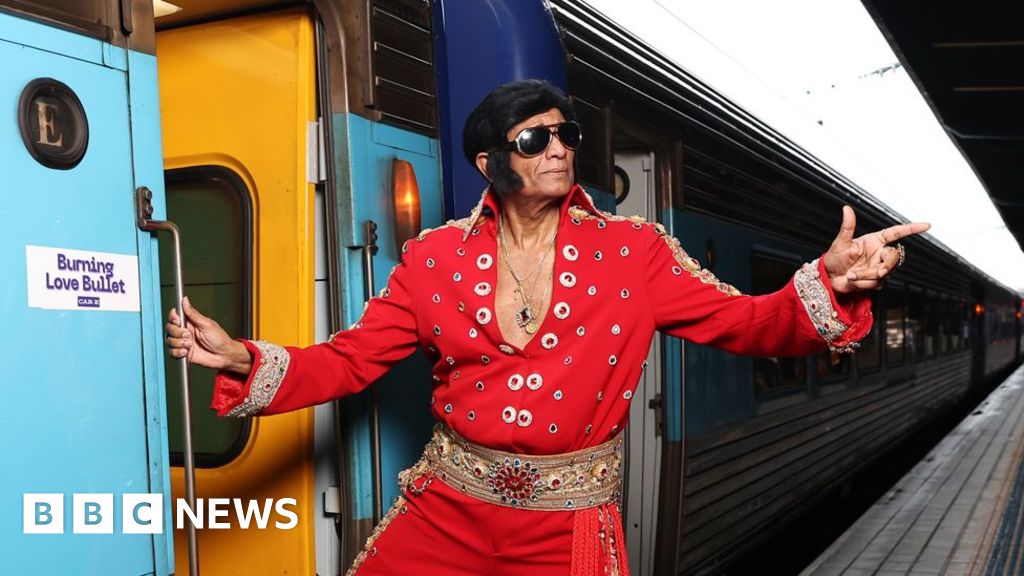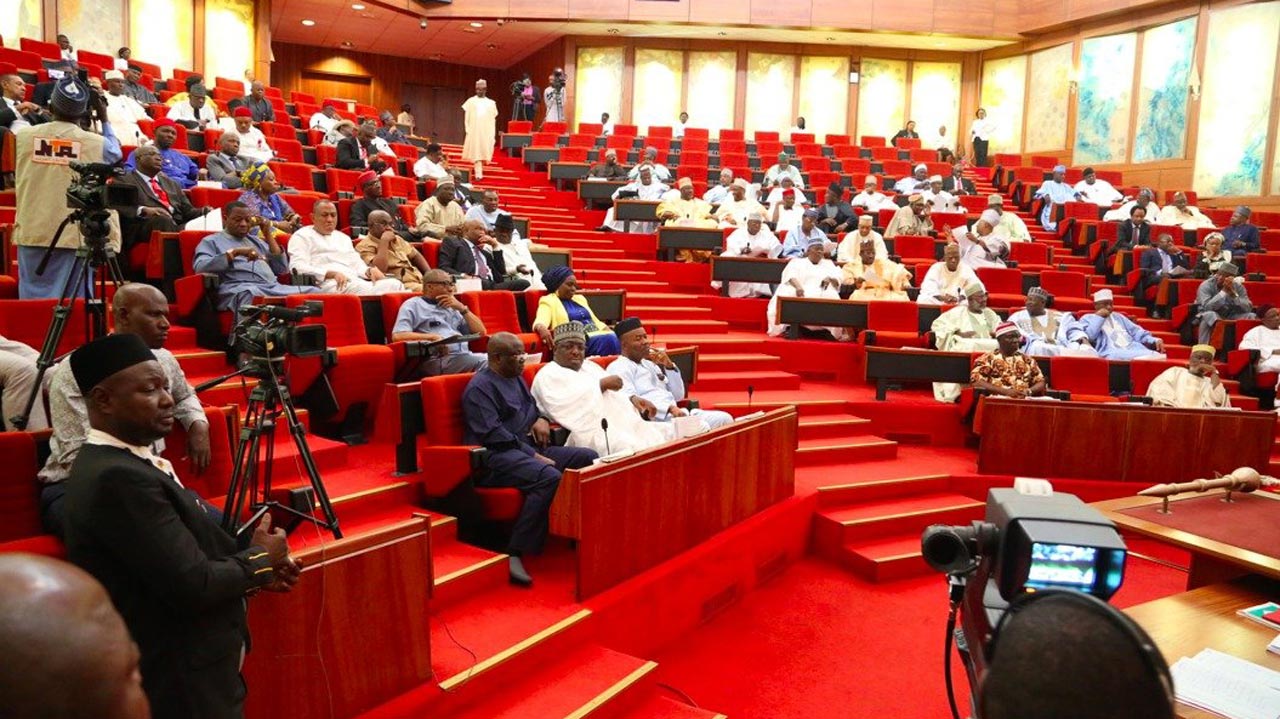An English professional rugby union player, Maro Itoje, shares his growing up experience in London, among other personal issues with BIODUN BUSARI
How would you describe your growing up?
I had a great upbringing. I’m of Nigerian heritage. My parents are from Delta State. They’re both Urhobo. But I grew up in North London. And it was a great upbringing. It was a Nigerian household filled with culture, food, and vibrancy. I often had uncles, aunts, and relations from Nigeria who visited and stayed at my parents’ house. So, it was a great upbringing for my siblings and me.
Were you born in Nigeria or the UK?
I was born in London.
Were there challenges that you faced as a Black in British society?
I guess when I was growing up as a person of Nigerian heritage, I was often a minority in most of the spaces that I was operating in. While growing up, the culture was quite different from what it is now. It’s like how Nigerian culture, music, arts, football, and other sports have grown. Back then, it wasn’t seen in the same light. So, you always have a couple of challenges here and there, but it was all great.
You could have chosen another sport. Why rugby?
Yeah, so when I got to secondary school, it was a rugby-playing school. My brother was a year older than me and went to the school. There, he played rugby and enjoyed it. So, when it was my turn, I just wanted to give it a go. I wanted to see what the sport was all about. The point was that I played all sports while growing up. I played basketball and football. I did athletics. I did a little bit of everything, but rugby was my favourite. It was my calling. It was the sport I was best at.
Were there no objections from your parents when you got serious about rugby?
When I first started playing rugby, my parents were supportive but didn’t take it too seriously. They just saw it as a hobby that I was doing. But the most important thing was my education. They supported me. They took me to training. As it became more serious, they began to increase interest levels in rugby and me. But throughout, and not just from my parents alone, I received support to do it. I received support from my teachers, my housemasters, and my coaches in that journey.
Were there no challenges for you in becoming a professional rugby player?
It was a challenge to balance my time efficiently between studies and sports. So, that was a challenge. When I was playing rugby, it was the time when I was much younger. But in my teenage years, I had a load of other distractions outside of school. Being a rugby player is time-consuming and it requires dedication and commitment. I had to give all this. I wanted to be a good rugby player, and all I had to do was focus. I had to commit a lot of my life to it. I had to make it a lifestyle. That was the most important part. I was fortunate enough not to have too much of a struggle while growing up. My life was fairly balanced. So, it wasn’t too difficult to put the attention where I needed to.
Do you speak your Nigerian dialect in the UK at home?
Unfortunately not. I understand a few words but I don’t speak the language.
When growing up and choosing your career, did you have role models, especially in your field?
Yeah, I was fortunate enough to have many role models who weren’t necessarily famous in my life. But they were good people to look up to in my circle. They were in my family. Apart from my parents, uncles, and aunts, I have others. Regarding sporting role models, I had people like Muhammed Ali, Michael Jordan, and Jay-Jay Okocha. I was a big fan of Okocha, growing up. I looked up to people like my grandfather in Delta State. I looked up to other political figures like Kwame Nkrumah, Nelson Mandela, and others.
Do you have any other thing you do apart from rugby?
Yeah, so I have a charity called The Pearl Fund. The Pearl Fund is a charity that provides almost 360 degrees of support for children who are either orphaned, fatherless or in abject poverty. We look to provide this support for their academic life. We support them from the start of their journey to the very end of their academic life, that’s secondary or tertiary education. The goal is to help these children, empower them to have greater control of their lives, and help break the shackles of poverty through the power of education. That’s kind of the mantra of The Pearl Fund. As we support their education, we equally provide nutritional support for them and their families. We provide them with transport, uniforms, school lunches, extracurricular classes and activities, and summer classes.
When did you start The Pearl Fund?
We started around July 2023.
What led to the idea?
The idea behind it was to help give back to society and make a difference. I’m reasonably fortunate to be in the position I am in. It was important for me to give back to my society in a way where we can make meaningful changes for people. I think it’s always good to give back when you’re in a better position. And I guess that’s what I try to do.
Where do you have your charity?
The kids are in Lagos. Well, the charity, the activities, and the programmes are based in Lagos. So at the moment, all of the kids we are helping are in Lagos, Nigeria.
How has it been since you launched the charity in 2023?
When we started the programme, I went to see the children. Then a year later, seeing how the kids have developed, grown, and become more confident in their approaches has been extremely rewarding. So it’s been great. While in London, I get reports from schools on how the kids are doing. When I get reports that some of them are still struggling with their reading, we investigate. After further investigation, what we found out was that when the kids took their homework home, especially with the reading, their parents couldn’t read themselves. So, we had to provide extracurricular reading classes for the kids so that they could do their lessons with supervision so that they could progress.
What other things do you do if you are not playing rugby?
I have an African art gallery. And that’s a big passion for me. It’s called the Akoje Gallery. We’ve had exhibitions in London. We have some of our artworks in the Business Class Lounge of British Airways, in Murtala Muhammed International Airport, Ikeja. I would say other than rugby, I have my philanthropic endeavours and art business.
What are your biggest achievements so far as a rugby player?
I’ve been fortunate enough to win the English premiership five times. I’ve won the European Cup with my team three times. I’ve been on two British and Irish Lions tours. I’ve won three Six Nations with England, a Grand Slam with England, and about 90 caps for England as well.
How often do you visit Nigeria?
I come to Nigeria at least once a year. The number of times will increase when I retire from rugby.
How would you advise Nigerian youths working hard to achieve their dreams around the world?
Well, I would just say the things applicable to all people. Achieving success requires being intentional. They have to be intentional with their actions and lives. Make intentional decisions that will benefit you. Be committed and dedicated to whatever you are doing. If you’re committed and dedicated, you’ll make the right decisions, which will be in your long-term interest.

 3 hours ago
2
3 hours ago
2















 English (US) ·
English (US) ·